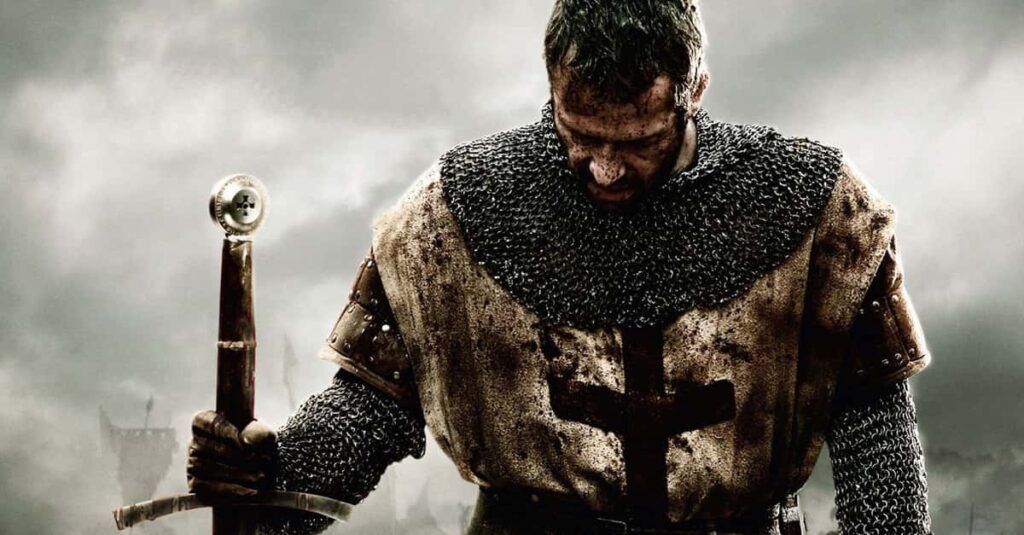The Trial of the Templars

One of the key events in European history that helped to conflate the ideas of sorcery and heresy was the trial and condemnation of the Poor Fellow-Soldiers of Christ and of the Temple of Solomon, the Knights Templar.
King Philip the Fair of France, having determined to destroy the Knights Templar to obtain their resources and negate his huge debts to them, needed a pretext. The Knights had a reputation for secrecy that had allowed rumours as to their practices to flourish. At dawn on Friday, 13 October 1307, Philip’s agents arrested the master of the order and its highest officers, and put them to torture. The warrant for their arrest began with the telling phrase: “Dieu n’est pas content, nous avons des ennemis de la foi dans le Royaume” [“God is not pleased. We have enemies of the faith in the kingdom”].
Under unimaginable duress, they confessed to heretical acts, blasphemy and sorcery. Although there was little basis in these accusations, they provided sufficient pretext, when combined with the pressure Philip placed on the trial judges, to ensure the condemnation and execution of Jacques de Molay, the order’s Grand Master, and the suppression of the Templars. As well as connecting sorcery and heresy in the European mind, it also prefigured another key aspect of later witchcraft trials: that the prosecuting authority was not the church but the secular authorities.
0 Comments